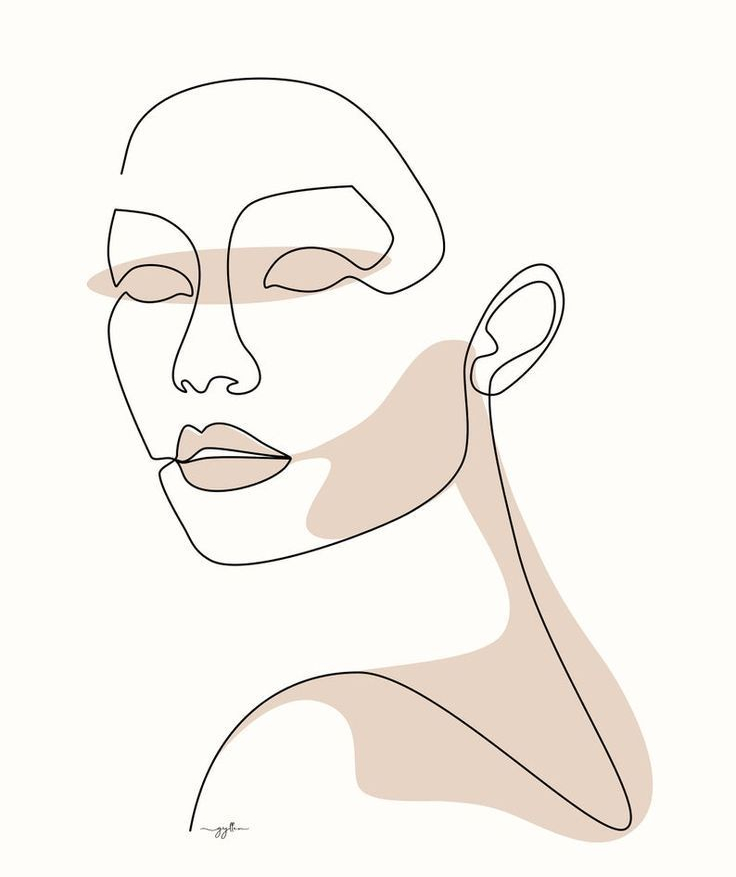
THE HOLY MOTHER OF PATRIARCHY
a critique of Amma’s discourse on gender
One of the founding discourses of Amma’s philosophy is the one on gender, the role of women and their empowerment[1]. She gave this speech on the occasion of the reception of the Gandhi-King Prize in Geneva in 2002. The ten-page discourse is replete with contradictions and seems like having sprung from a male brain not super sharp on the gender thematic. Let us have a brief peek into its logic. The full article can be found in the book.
Amma praises the innate qualities of motherhood in women but stresses that it is up to women to actualise their qualities of motherhood so that we may realise our dream of peace and harmony because men are not responsible enough. She admits that customs and traditions have been invented by men to exploit and subjugate women, their being limited to the role of potted plants. Thus, men are arrogant, selfish, domineering and unfair to women.
What does she propose to men to re-balance the situation? In short, they must awaken their feminine qualities, encourage women in their development and cooperate with them in the family and society. That is all. Why? Because men are limited by their innate qualities, they identify with what they undertake, they are not multitasking and cannot separate their professional from their private life.
In comparison, the contribution of women to a better world is a long litany of qualities with their respective obligations and duties, of which a selection strung together below for concision: Women are responsible for the reductive place given to them in that they place too much importance on their appearance. They have both compassion and strength; they are able to combine reflection with action; while they can perform the same tasks as men, their maternal nature can bring about a deeper change in society. They can counterbalance the inherently aggressive nature of men; though they are the foundation of our existence, the first mentors of humanity, their duty is to focus on what they can give to society, not on what they can derive from it. Their responsibility in the education of children is invaluable. Women have nothing to receive from anyone, they have a duty to themselves and the world. Women have a higher responsibility than men in society. The world can only be saved if women rediscover their fundamental nature. But they must also integrate the best masculine qualities, without [however] attaching themselves to freedom.
Even as a male, I would have been ashamed to give such a discourse, to articulate such views. But she is not disturbed by it for she embodies the very model of this pseudo-laudatory narrative that confirms the straitjacket of the macho grip on Indian society: she sacrifices herself to embrace and love humanity while denying her own pain, disease and discomfort.
But insiders know and experience the counterpart to the untenable role she inflicts on herself: in fact, she reacts in private, behind the scenes, with her close ones, especially women, with extreme violence, indifference and disdain. The myth can only be upheld during the hours of public performance. It blows-up as she retreats in her private sphere; the heavier the public pressure, the more violent the “decompression”.
Given the appalling level of patriarchal stereotypical thoughts on gender in this speech, it looks like it could have been written by a male ghost-writer, and one having poor knowledge of women and couple dynamics. This speech presents woman as an extraordinary and invincible mother, spreading her unconditional love and tirelessly sacrificing herself so that man, supported and loved by his wife / mother / saint, can enjoy his freedom and power. Amma prides herself at embodying the myth of the virgin, loving, tireless madonna, but as we all know, myths are not the reality.
More details and sources in the book.
Extracted from chapter IV. 5. “The Holy Mother of Patriarchy”
This post is also available in:
![]() Français (French)
Français (French) ![]() Deutsch (German)
Deutsch (German) ![]() Italiano (Italian)
Italiano (Italian)